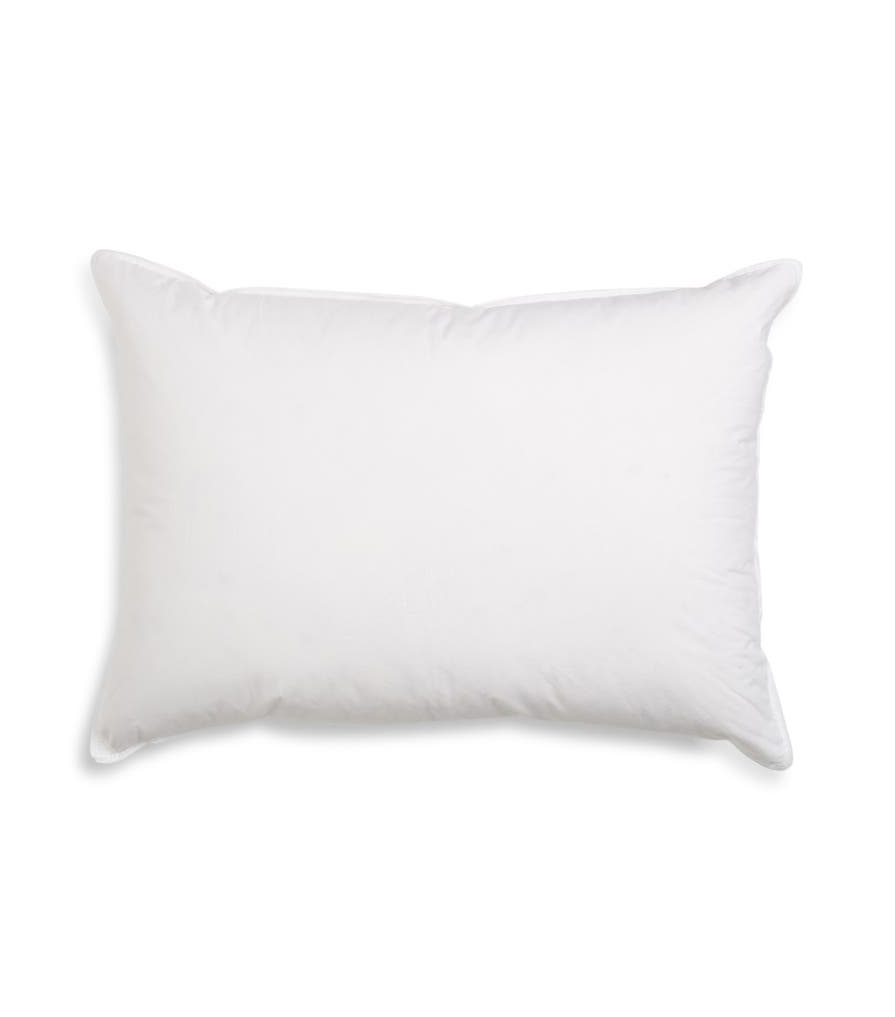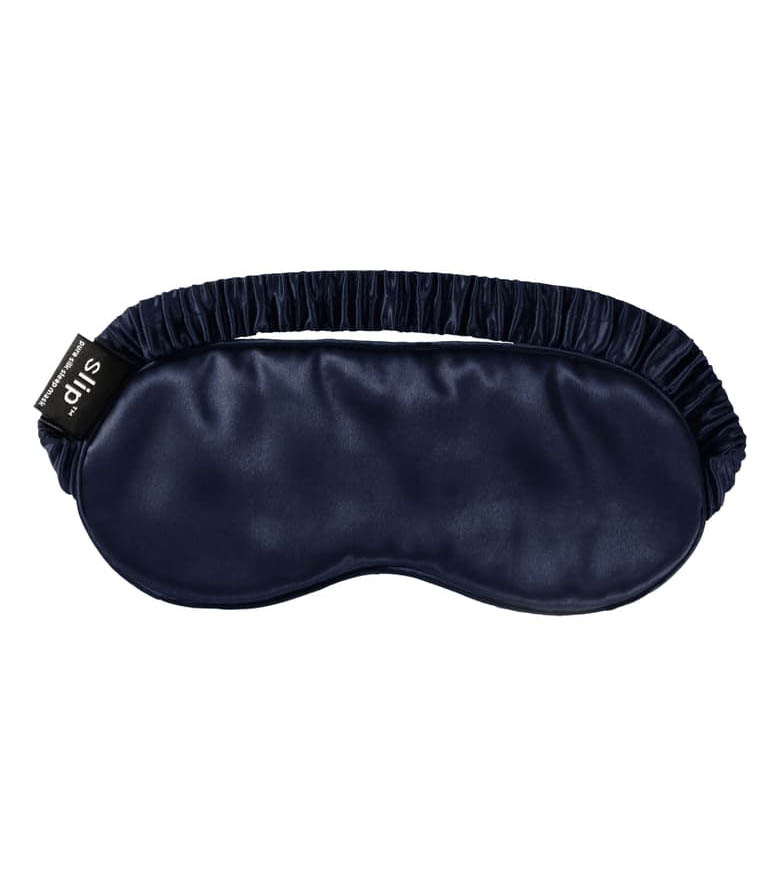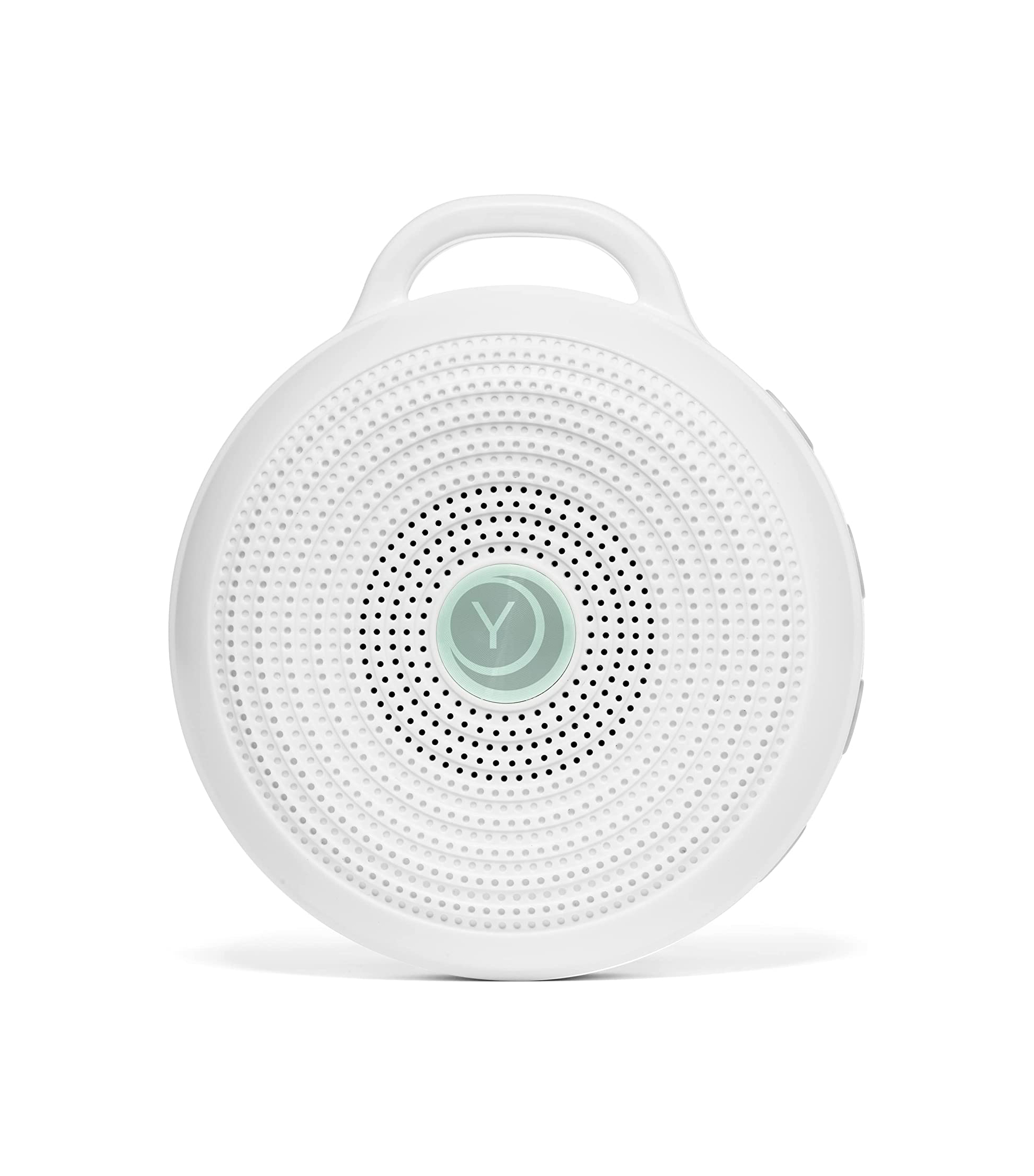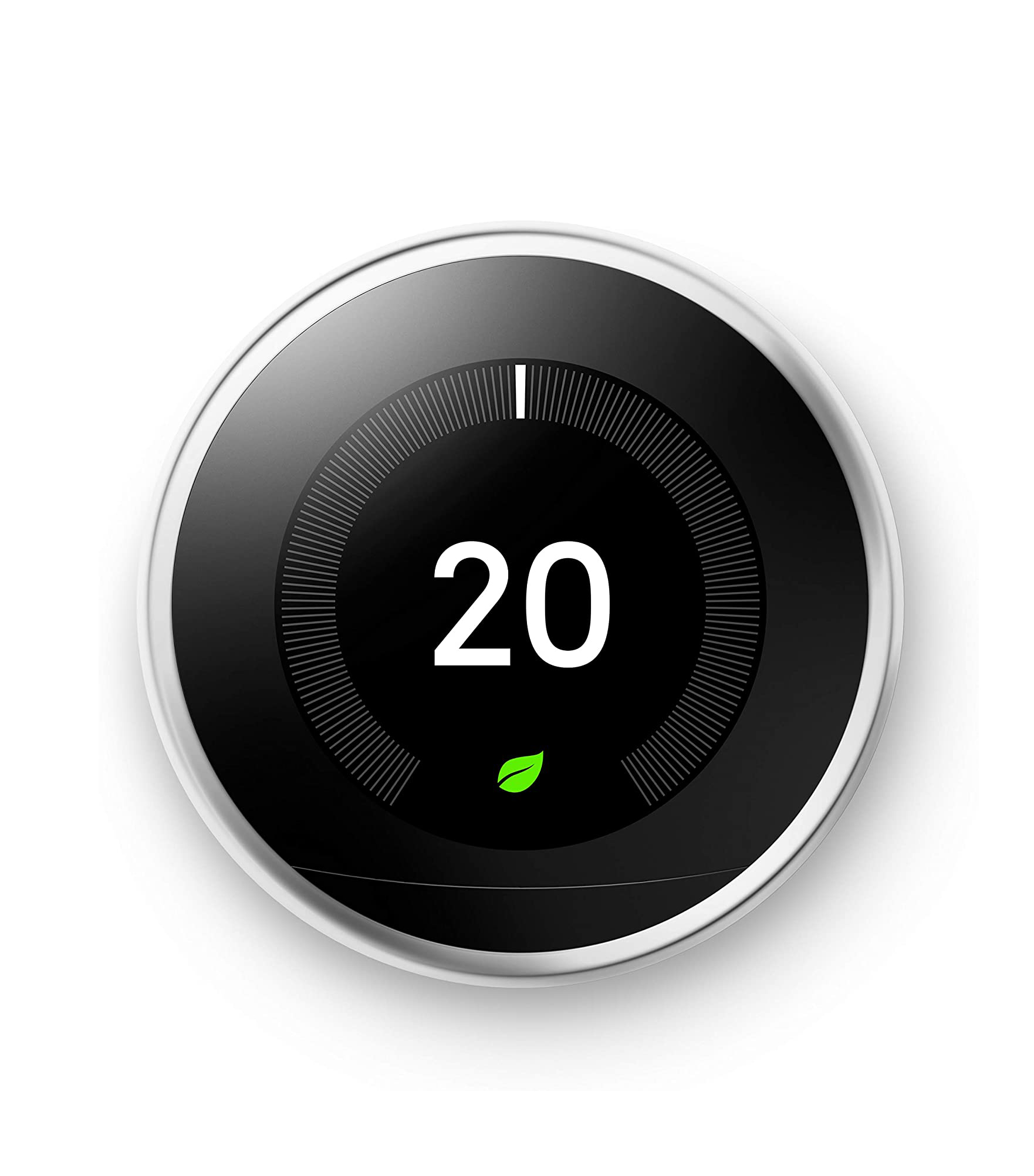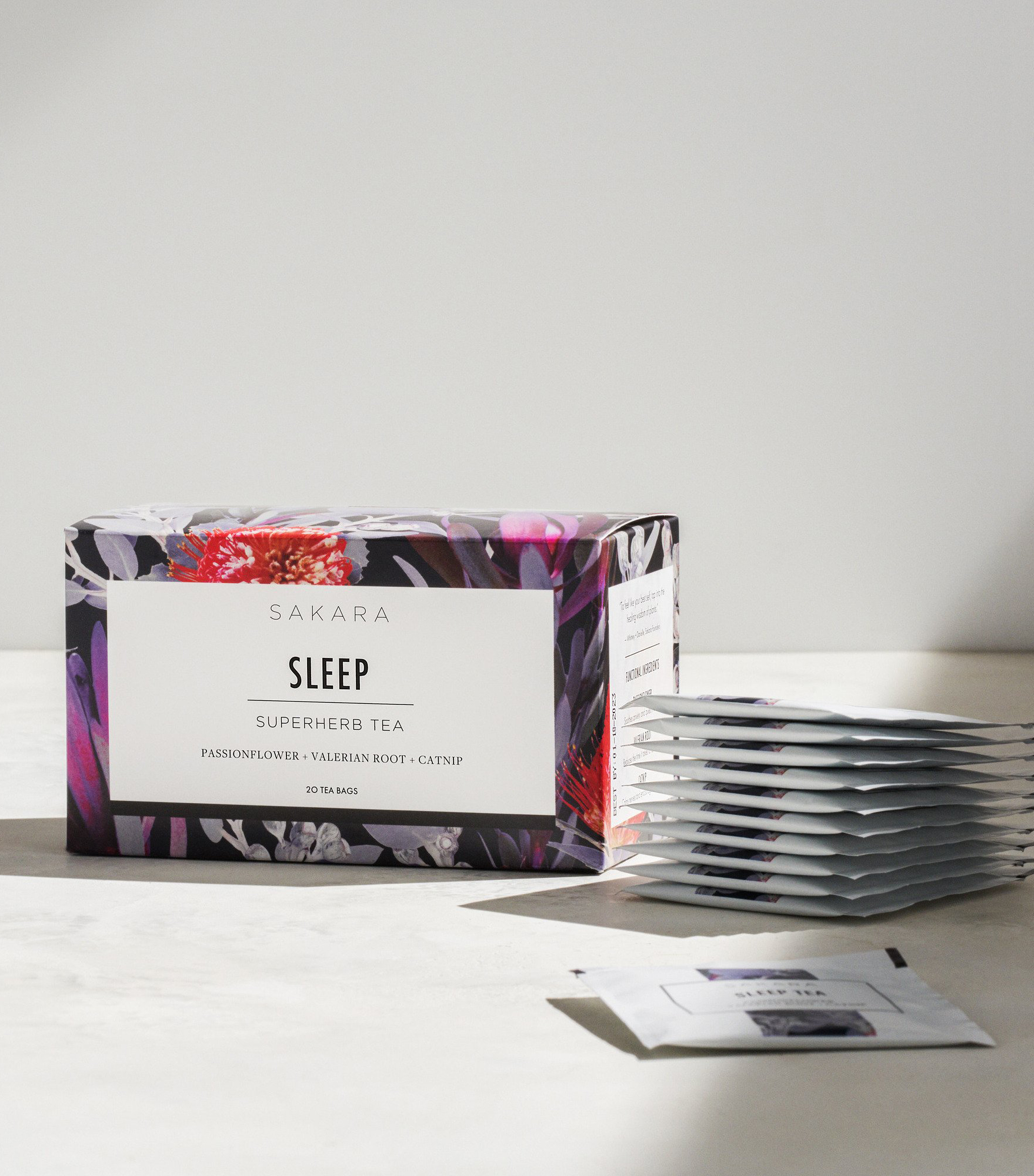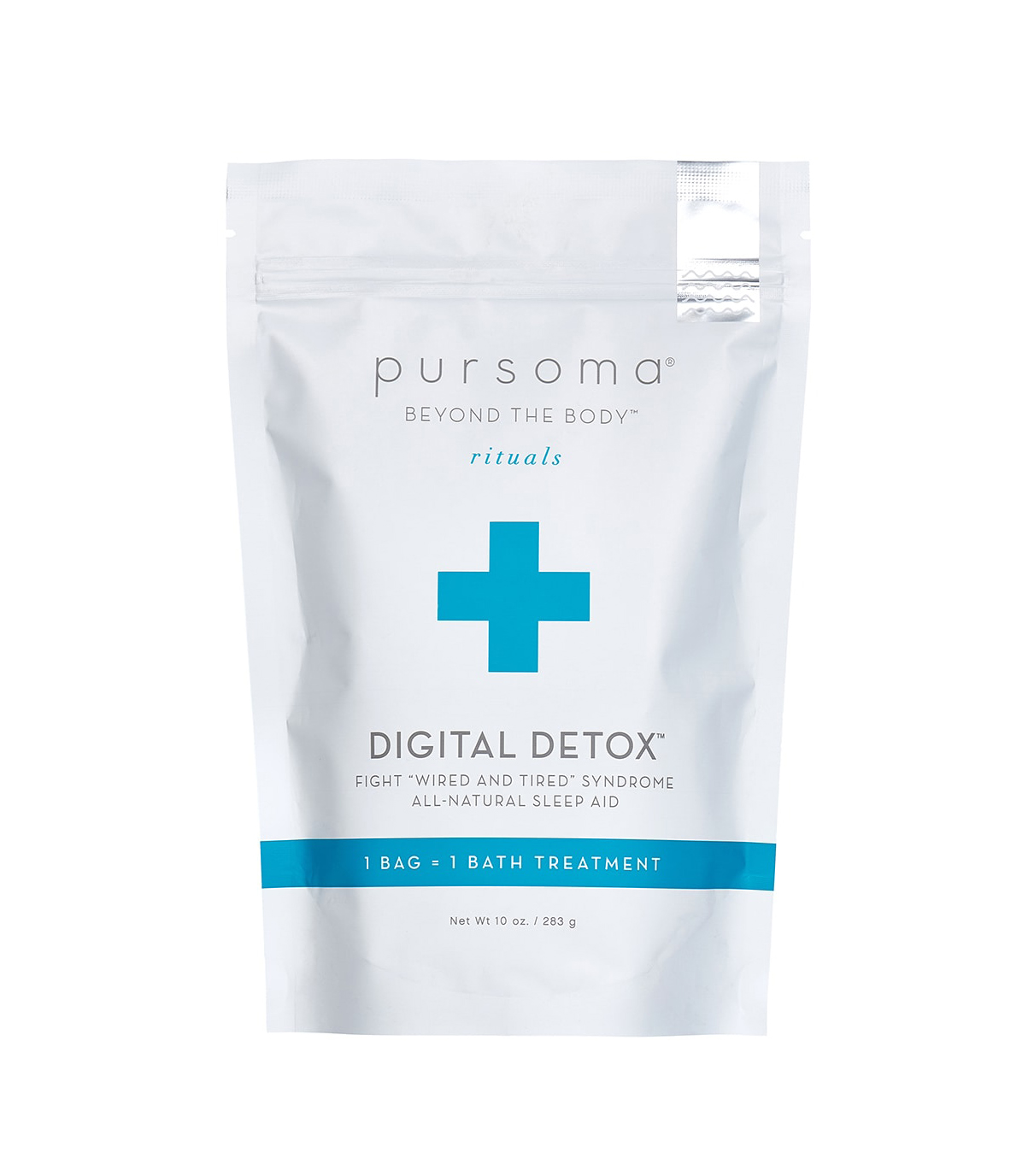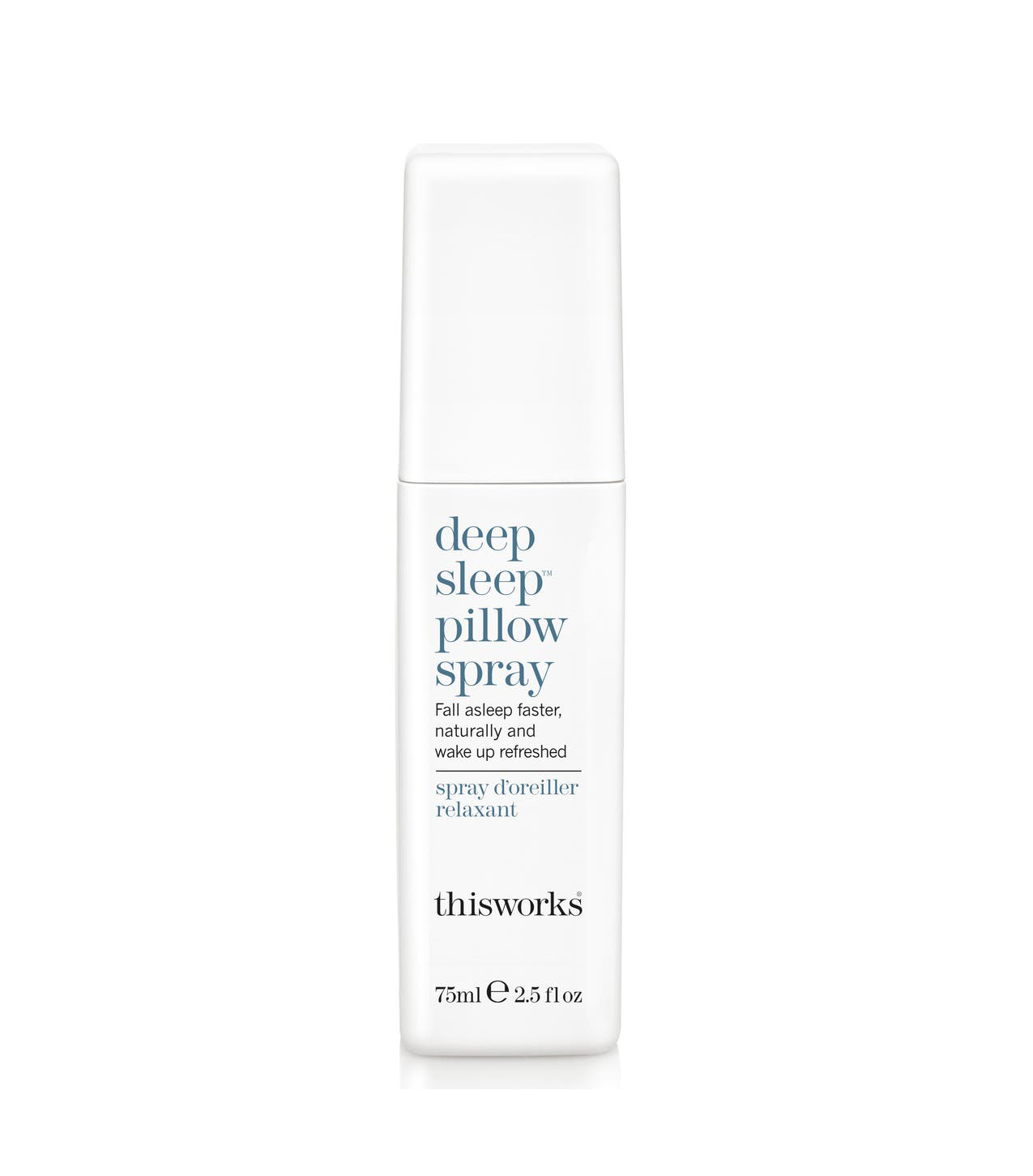10 Things That Can Mess With Your Sleep—and What to Do About It
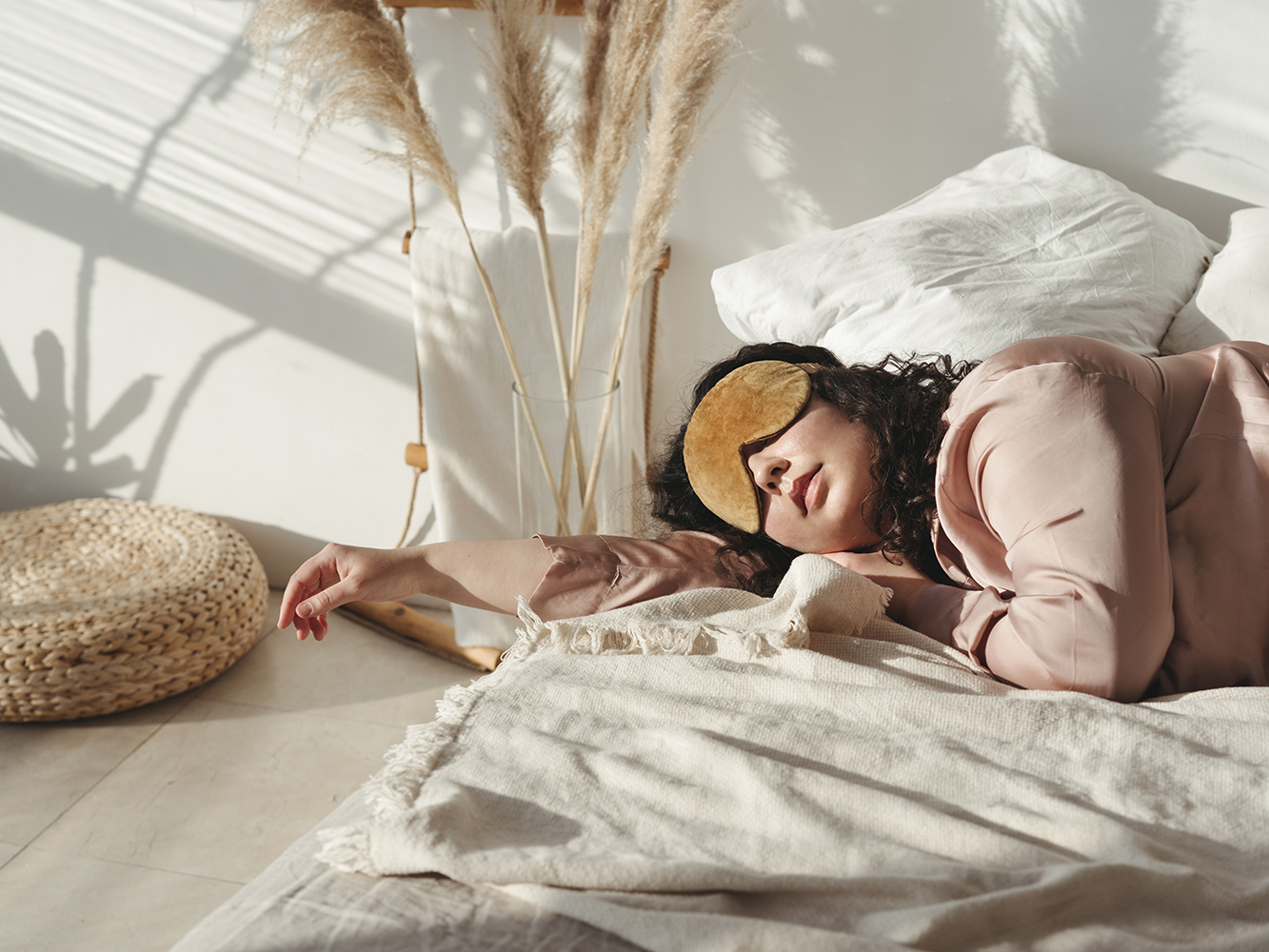
The following frustrating scenario might seem familiar: You're tired, so you try to go to bed early or get enough sleep, but you have trouble either falling asleep or staying asleep. So you don't get quality sleep, and then you're tired the next morning. And it starts all over again. It's hard to figure out how to improve sleep when you're in that cycle.
It's always a good idea to periodically take a look at your sleep habits and hygiene and look for ways to improve them so you get a better night's rest. It is so important and affects so much of your life—your health, your relationships, how you function every day… The list goes on and on. "Sleep is one of the most important activities you do every day—just as important as exercising and eating, so it is so important to invest in your rest," says Jaclyn Tolentino, DO, a senior doctor at Parsley Health.
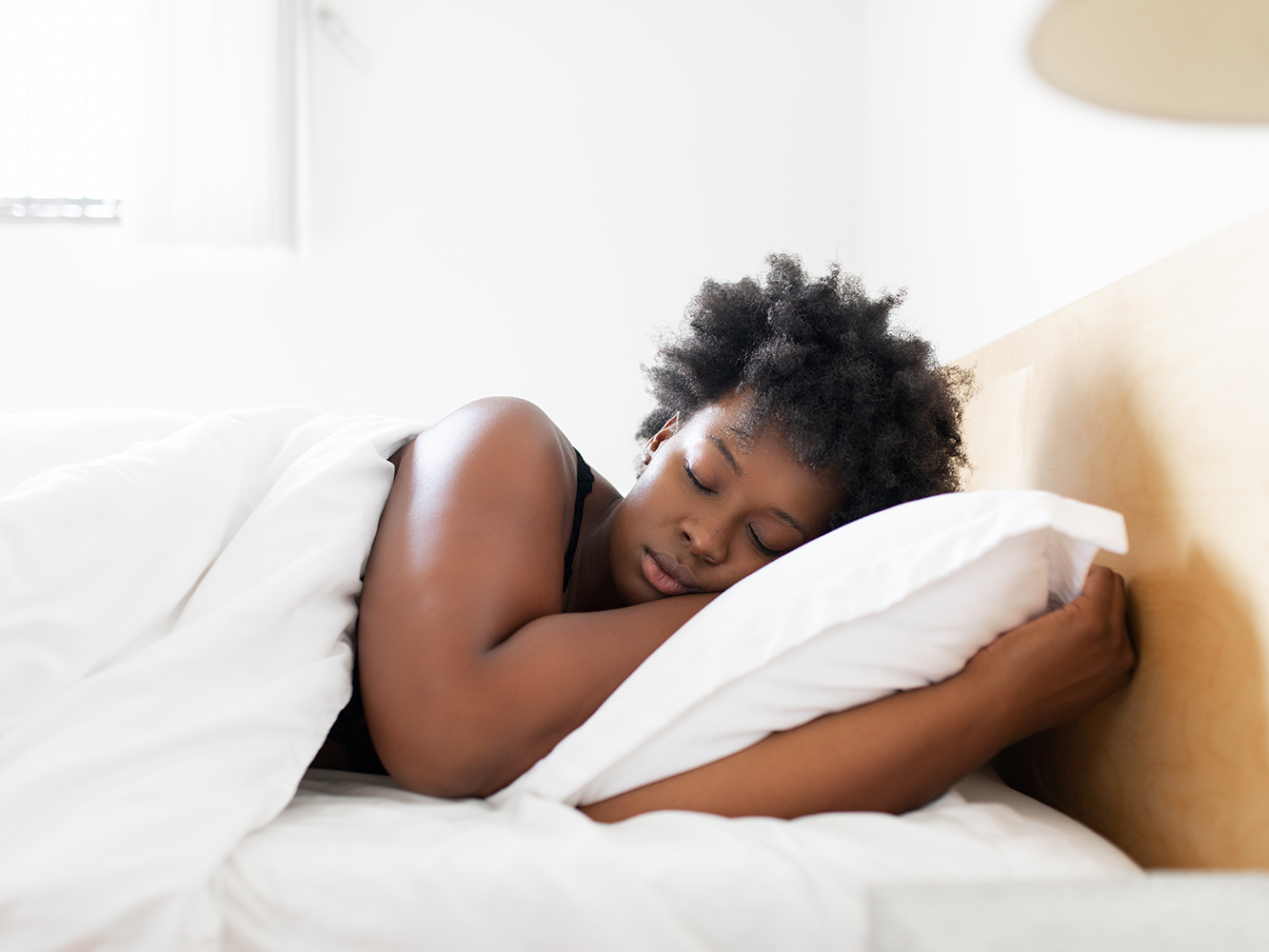
I've also heard experts say that the emphasis should be on sleep quality, even though quantity is important too. So what constitutes good-quality sleep? "There really isn't one good definition, but I would say it's a combination of things including falling asleep within 15 to 20 minutes of going to bed, getting more than six hours of sleep each night, progressing through the four stages of sleep, spending an appropriate amount of time in each stage (you can get this information from a sleep tracking device or app), and waking up feeling refreshed," says Michael J. Breus, Ph.D., a clinical psychologist, diplomate of the American Board of Sleep Medicine, and fellow of The American Academy of Sleep Medicine.
In addition to the above, healthy sleep also means being free from sleep disorders. "Another critical element of a good night's sleep is the absence of sleep disorders, which affect between 50 and 70 million Americans," explains Rebecca Robbins, Ph.D., sleep expert to Oura. "If you implement healthy sleep changes and do not reap benefits but continue to struggle, it may be time to speak to a specialist."
What Disrupts Sleep?
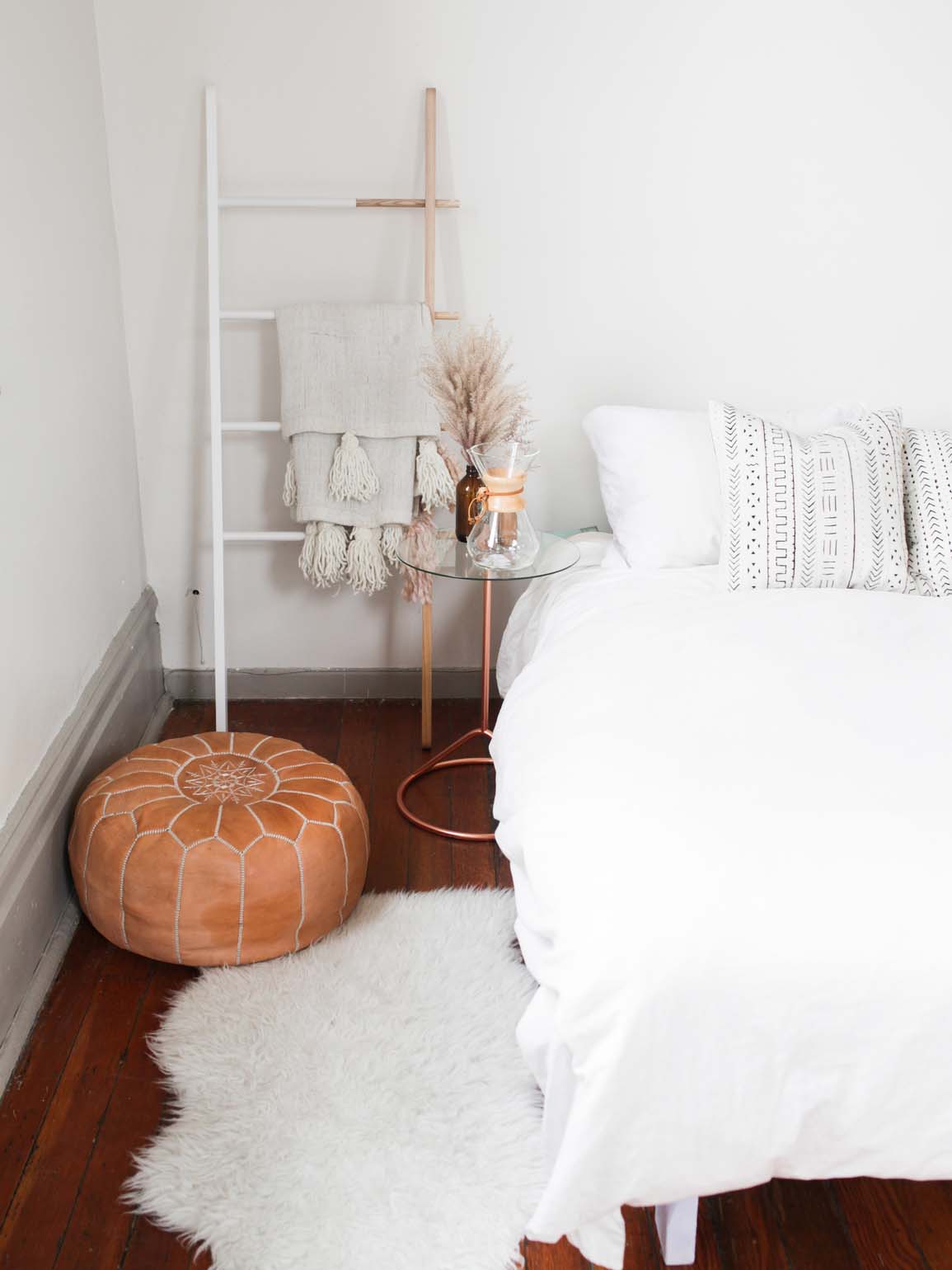
When taking stock of your sleep habits, it's important to figure out what can disrupt your sleep and avoid it or fix it. The experts shared some with us.
Your environment: "Environmental factors may include the noise, sound, temperature in our environment, or other elements in our environment such as the bed or pillow," Robbins says. "Research has shown that outside noise, pollution, and other environmental factors can loom large when it comes to our sleep. Unfortunately, in underserved communities, there are commonly more sounds, noises, pollution, and other factors that impinge upon sleep health among members of these communities. The bedroom itself can also hinder our sleep health. Bright lights and/or an unsupportive pillow or mattress can reduce the quality of our sleep."
Your bed partner: If you share a bed, how your bed partner sleeps can affect your shut-eye. Do they snore? Do they hog all the covers?
Daily life: Sometimes, family responsibilities and caretaking obligations can take a toll on your sleep, Tolentino says.
Travel: Jet lag is real. But even if you didn't experience a big time change, travel can still disrupt your bedtime.
Blue light and stimulation: "We live in a very stimulating world," says David Perlmutter, MD, board-certified neurologist and board member and fellow of the American College of Nutrition. "And to be sure, it's often difficult to 'disengage.' But disengage we must—if we want to have a good night's rest. Our sleep routine can be aggressively threatened by too much stimulating TV at night, drinking caffeinated drinks after 2 p.m., exposing ourselves to blue light (from computers, tablets, smartphones, televisions) in the evening, or trying to fall asleep within three hours of completing the evening meal."
Health conditions: Tolentino says that certain health conditions can play a role in your ability to have quality sleep: hormonal changes, anxiety and depression, blood sugar issues, sleep apnea, stress, chronic pain, and eating habits.
Vitamin and nutrient deficiencies: A deficiency in magnesium, vitamin D, iron, and melatonin—all of which support sleep—can disrupt your shut-eye, Breus says.
Behavioral factors: "These include choices and decisions we make, which can derail our sleep health, such as staying up late to work or watching another episode of our new favorite streaming show," Robbins says.
Your mental state: Breus explains that anxiety and depression can also negatively affect sleep.
Your chronotype: "This is your internal clock. We all have one, and it's unique to each of us," Breus says. "It's what makes some of us morning people or night people, or people who thrive on four hours of sleep. You can check your chronotype by visiting chronoquiz.com."
How to Improve Sleep
So now that you know what can mess with your sleep, it's time to figure out how to improve it. Here's what to do.
1. Get Rid of Disruptions
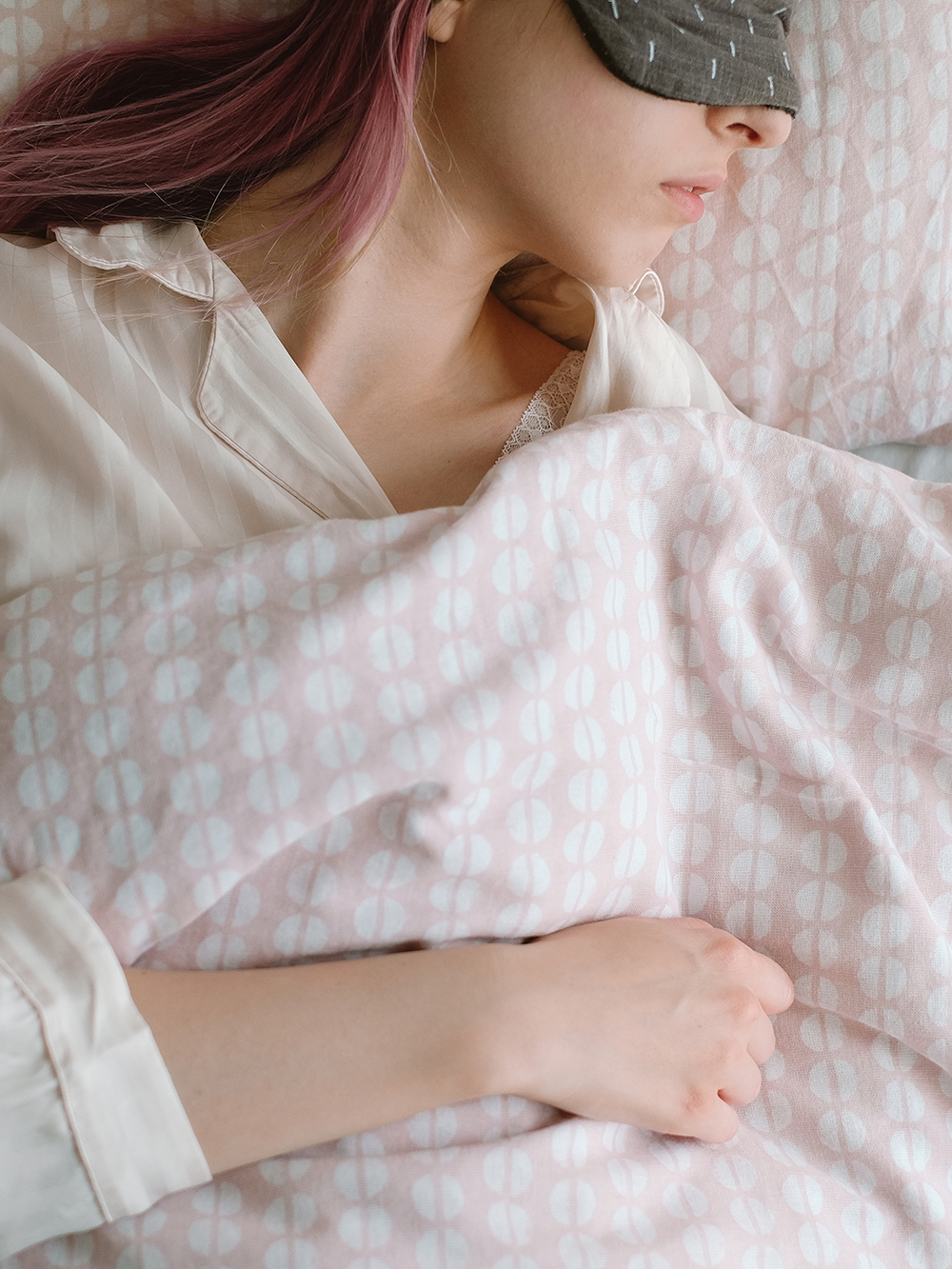
Breus recommends looking at all the distractions above and getting rid of what can be messing with your sleep.
2. Create a Good Sleep Environment
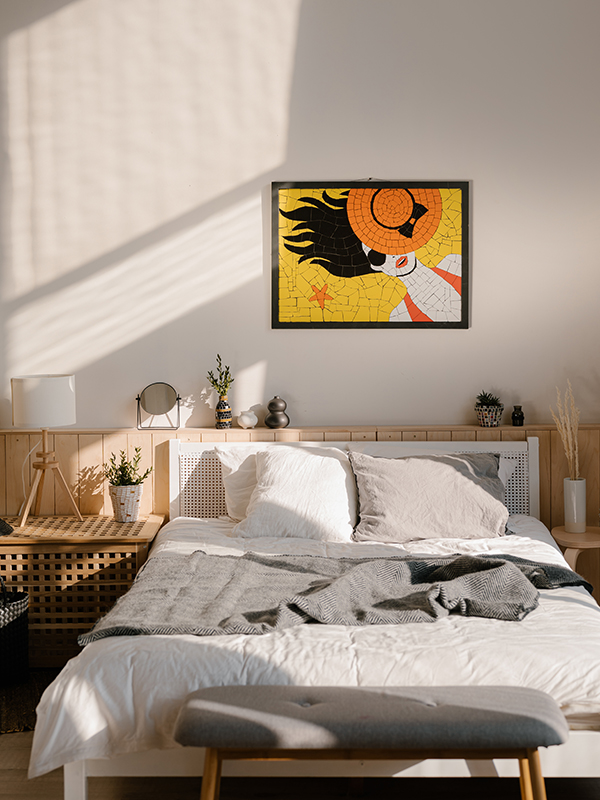
Tolentino suggests creating an environment where restorative, high-quality sleep is possible every night. Think of it as a "sleep sanctuary." First, make sure your room is dark. As a general rule, Breus says it's a good idea to remove as many sources of light as possible when you sleep. Then, you might want to change up your bed or bedding, remove electronics, or add in something soothing like a diffuser or sound machine. That might also mean making sure you use your bed only for sleep if you can.
3. Change the Temperature
Perlmutter recommends cooling the room down by two to three degrees.
4. Make Some Lifestyle Changes
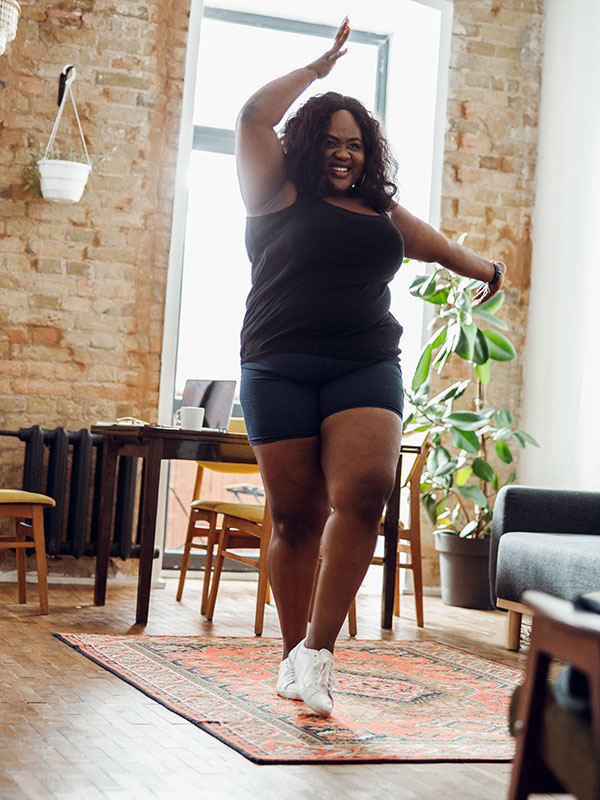
"Make lifestyle changes like getting plenty of physical activity, eating a balanced diet, avoiding those sugary foods that we often crave when we're tired," Breus says.
5. Track Your Sleep
"You might consider tracking your sleep to monitor the changes you implement and their impact on your sleep health," Robbins says.
6. Eat at the Right Time

Tolentino suggests timing your evening meal so that it's not too close or too far from your bedtime.
7. Avoid Alcohol or Caffeine

Tolentino also recommends avoiding caffeine and alcohol before bed. And Perlmutter advises limiting caffeine in the afternoon.
8. Create a Pre-Bedtime Ritual
"Make your bedtime unwind routine a priority," Robbins says. "In the 30 minutes leading up to your bedtime, commit to a set of soothing activities that relax you, whatever that may be, such as reading a book, practicing mindfulness or breathing exercises, or taking a warm bath. We actually need that time to transition from our day and to sleep."
9. Disconnect From Technology
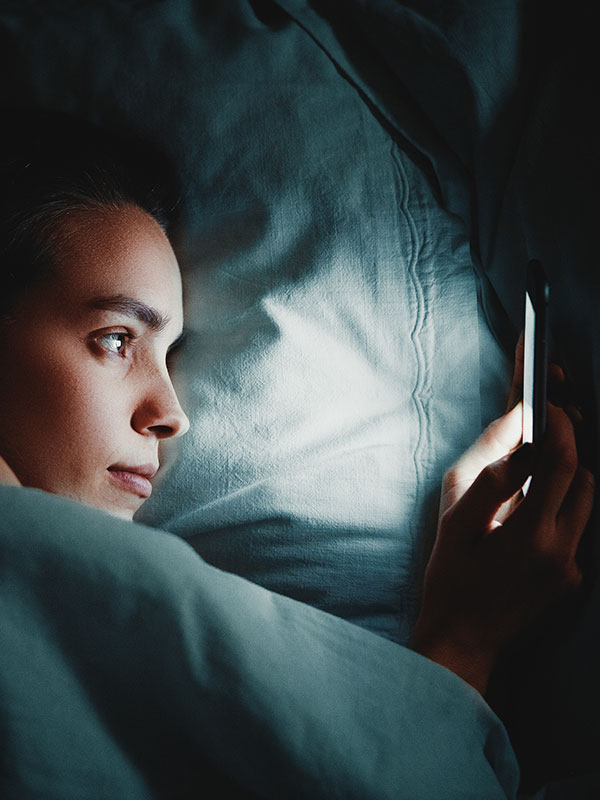
Tolentino suggests putting your devices on "do not disturb" and also not bringing laptops, phones, or tablets into your bed. Create an unplugged time period before bed so your mind can relax and you limit stimulation.
10. Talk to Your Bed Partner

Have a conversation with them to troubleshoot what might be keeping you awake. "The number one thing my patients tell me disrupts their sleep quality is a snoring bed partner," Breus says. "A survey recently conducted by Mute, a brand of nasal dilators I recommend to my patients, found that 51% of Americans snore. A nasal dilator such as this one can help open the airways in the nose to breathe through the nose instead of snore through the mouth."
11. Avoid Sleeping for Too Long
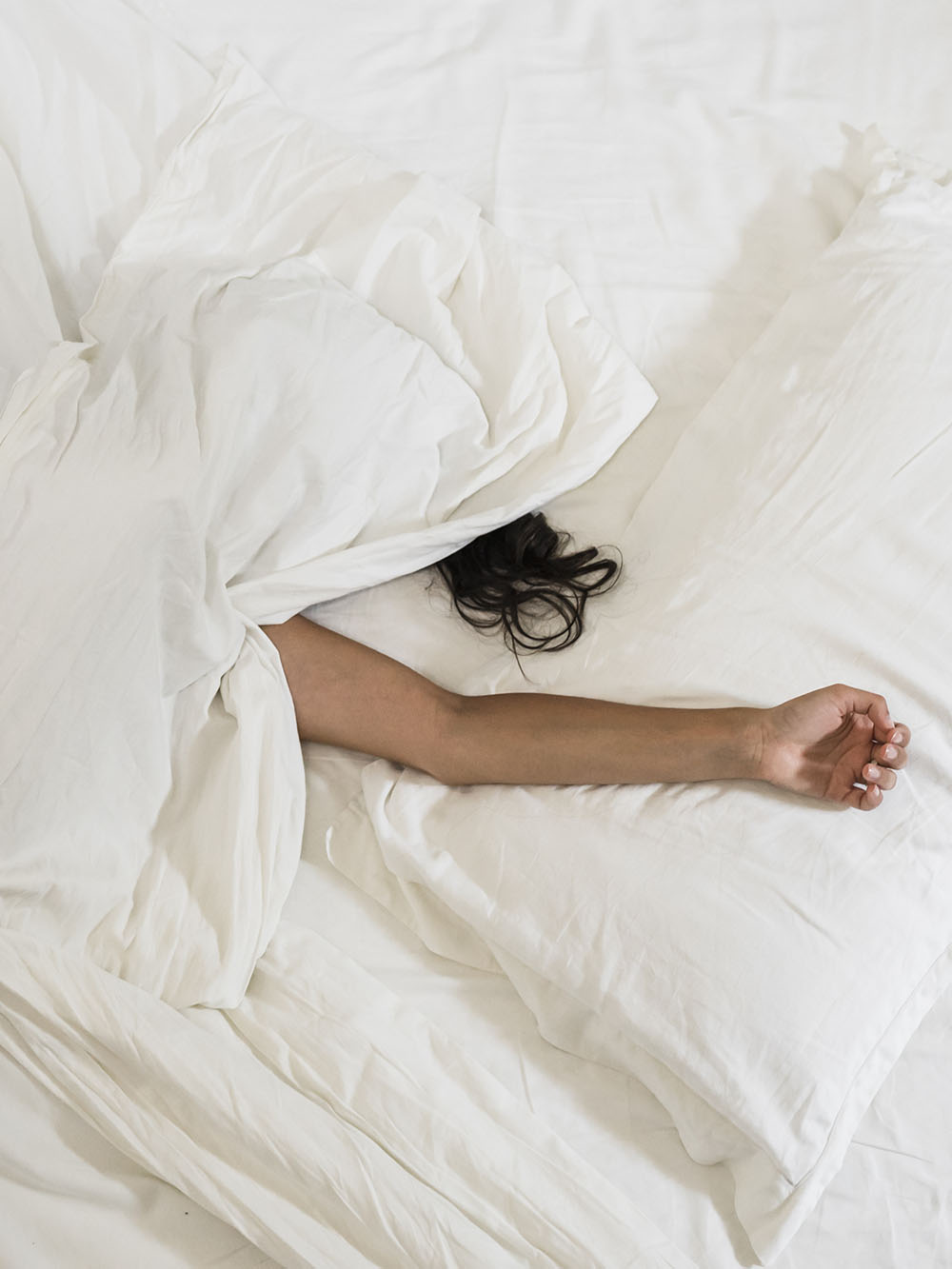
A lot of people might make up for their lack of sleep by sleeping in on the weekends or sleeping for hours and hours. But this won't exactly help you get on a good routine. "Another common mistake people make is trying to sleep for a long period of time or 'binge' sleep," Robbins says. "Instead of doing this, try to get on to a good sleep schedule, which is actually limiting the time you're in bed to the recommended seven to nine hours."
12. Get Out of Bed

If you've been tossing and turning for a long time, get out of bed for a bit. "Do something relaxing. Keep the lights low, and return to bed only when you are tired. Ideally, we keep your bed for sleep and sleep alone," Robbins says.
13. Be Consistent
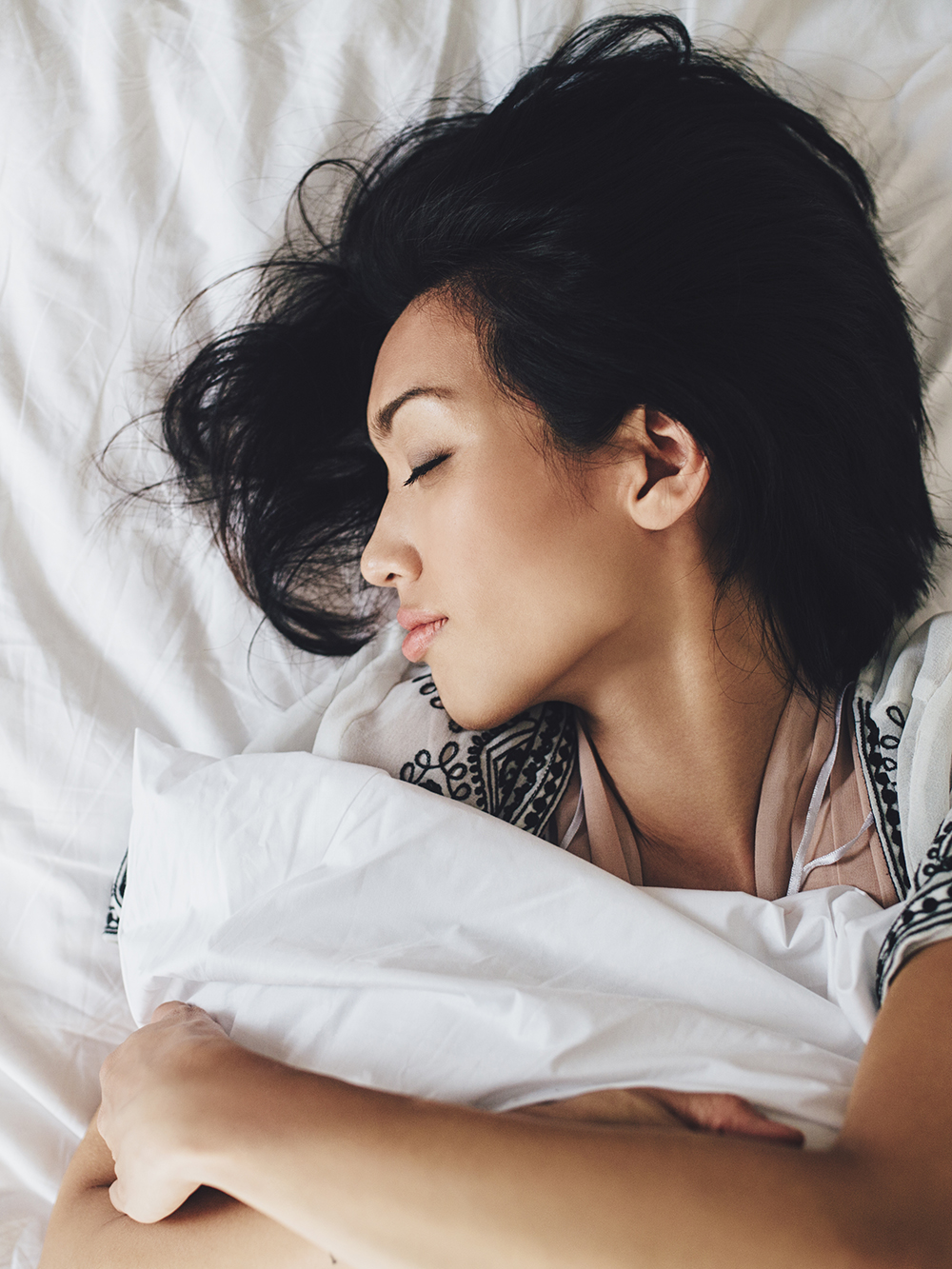
"Great sleep is about consistency," Tolentino says. "You can't consistently make up for a week's worth of poor-quality sleep by 'catching up' on the weekends. These are patterns you have to establish and stick to day in and day out."
14. Seek Medical Help If Needed
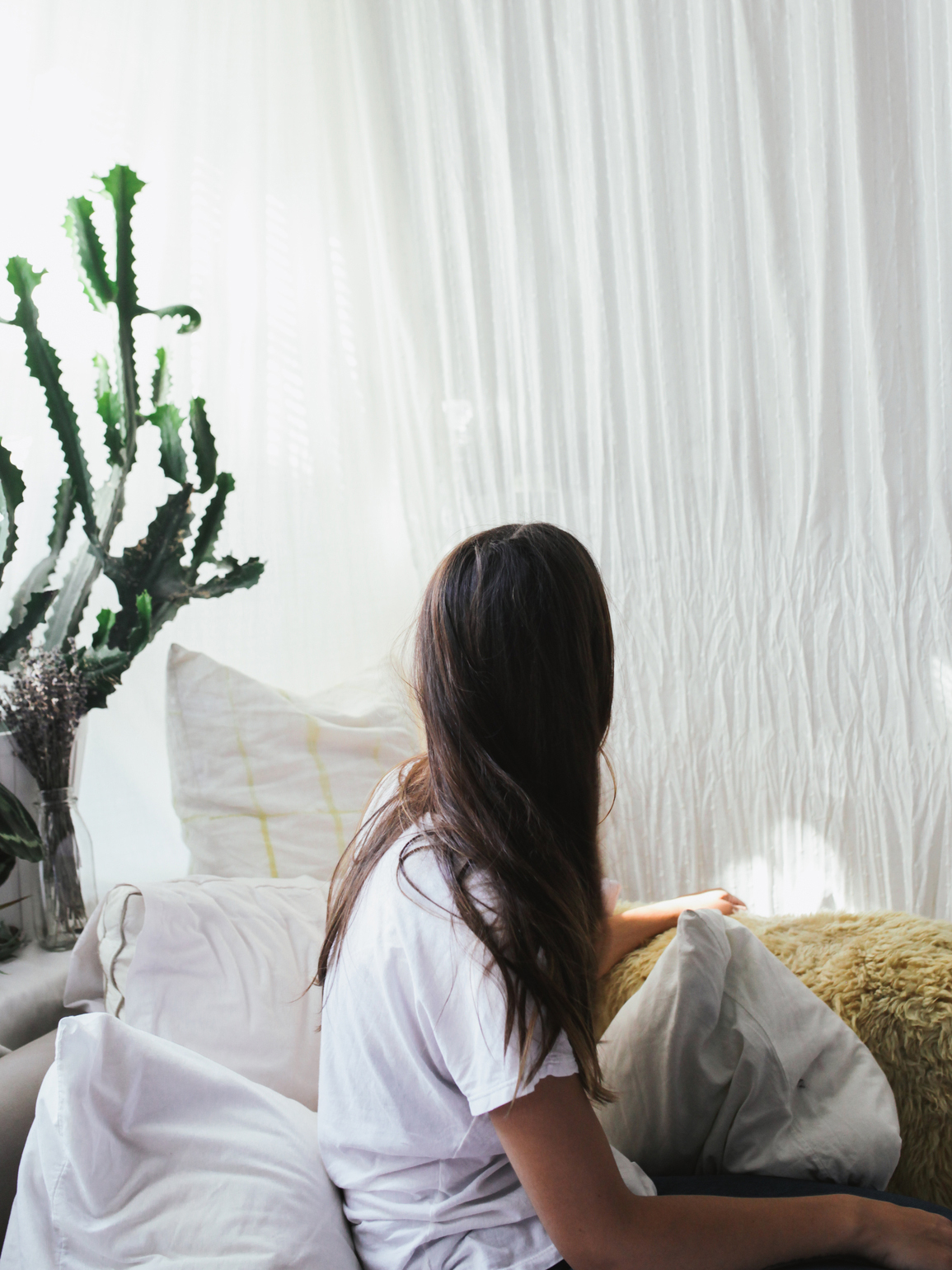
In some cases, you might not be able to solve your sleep problems alone, and you'll have to see a doctor or another healthcare professional. "If you aren't seeing an improvement in the quality or length of your sleep after making lifestyle and environment changes, that's when you should talk with a doctor," Breus says. "Too often, people decide to take matters into their own hands by taking over-the-counter sleeping pills. When those stop working, they go to a doctor just to get a prescription for sleeping pills. However, sleeping pills can often lead to not only a sleep problem but also a pill problem."
And you don't have to wait to see if the changes take effect or not in order to see a doctor. Go to one if it's really disrupting your health and well-being. "Even a few nights of poor sleep can have a negative impact on your physical and mental well-being. Do not let this go on for longer than you need to!" Tolentino says.
Next, 12 Natural Remedies to Try When You're Wide Awake and Want to Fall Asleep Fast
Disclaimer
This article is provided for informational purposes only and is not intended to be used in the place of advice of your physician or other medical professionals. You should always consult with your doctor or healthcare provider first with any health-related questions.
Sarah is lifestyle writer and editor with over 10 years of experience covering health and wellness, interior design, food, beauty, and tech. Born and raised in Los Angeles, she attended New York University and lived in New York for 12 years before returning to L.A. in 2019. In addition to her work at Who What Wear, she held editor roles at Apartment Therapy, Real Simple, House Beautiful, Elle Decor, and The Bump (sister site of The Knot). She has a passion for health and wellness, but she especially loves writing about mental health. Her self-care routine consists of five things: a good workout, “me” time on the regular, an intriguing book/podcast/playlist to unwind after a long day, naps, and decorating her home.
